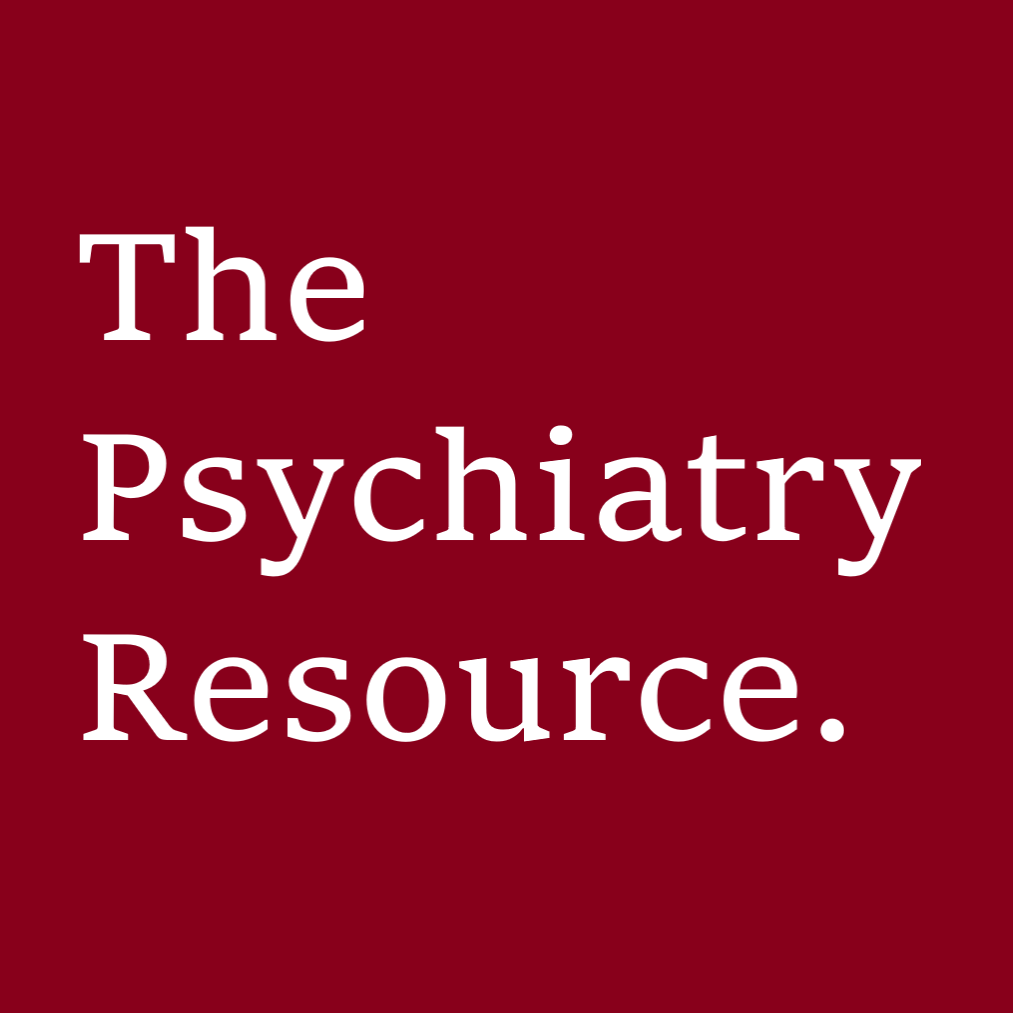The FDA got it right when they approved TMS therapy for adolescent depression (kids aged 15 and older). TMS is one of the most effective treatments for resistant depression. The decision to approve this treatment for kids is an absolute game-changer and will save many young lives. This article describes the dramatic impact of the FDA’s approval and covers research that shows TMS for kids to be safe, well-tolerated, and effective.
Read MoreEven though depression rates for youth are rising, the FDA has only approved a few treatments for adolescent depression and has not yet approved TMS for adolescent depression. This article describes TMS for adolescents and covers research that shows TMS for kids to be safe, feasible, and likely effective.
Read MoreWhile some people can change their habits through sheer willpower, many people need a source of motivation or energy to make meaningful change. This is especially true for people who experience depression. This article discusses depressive habits and strategies for changing them so that treatment for depression can be more effective and durable.
Read MoreTranscranial Magnetic Stimulation (TMS) therapy, one of the most effective treatments for major depression, has been FDA approved for adults for 14 years. The FDA has not yet approved TMS for adolescent depression even though they approved a TMS device for migraine headaches in children. This article reviews research that shows TMS for adolescent depression to be safe, feasible, and effective.
Read MoreTranscranial Magnetic Stimulation (TMS) therapy is one of the newest and most effective treatments for major depression, especially treatment-resistant depression. This article reviews recent research that supports Stanford’s revolutionary approach, which may improve the effectiveness and accessibility of TMS for depression.
Read MoreMany people are not told what to expect when prescribed an antidepressant medication. Basic information, such as the dosing range, the goal of treatment, how side effects can be overcome and how long to stay on the medication, is frequently left out of a clinical encounter. This article outlines a methodical approach to antidepressant treatment for depression.
Read MoreMany people with longstanding depression believe that they have tried every treatment out there. A detailed review of their history often reveals that they are mistaken and that there are several strategies that they have never tried. This article addresses what information is needed to make a well-informed decision about what treatment to try next and how a history of past treatments combined with a strategic, methodical approach can open up options to newer and potentially more effective treatments.
Read MoreIt has been definitively proven that transcranial magnetic stimulation (TMS) is an effective treatment for treatment-resistant depression. The researchers in the Stanford SAINT study achieved better results in a shorter time, getting 90.5% of severely depressed patients to full freedom from depression.
Read MoreTranscranial Magnetic Stimulation (TMS) is the most exciting and promising development in the treatment of depression in the past 30 years. The effectiveness of TMS, a novel treatment that works when traditional treatments fail, is quickly establishing this therapy as the most important development since the discovery of Prozac for depression.
Read More








